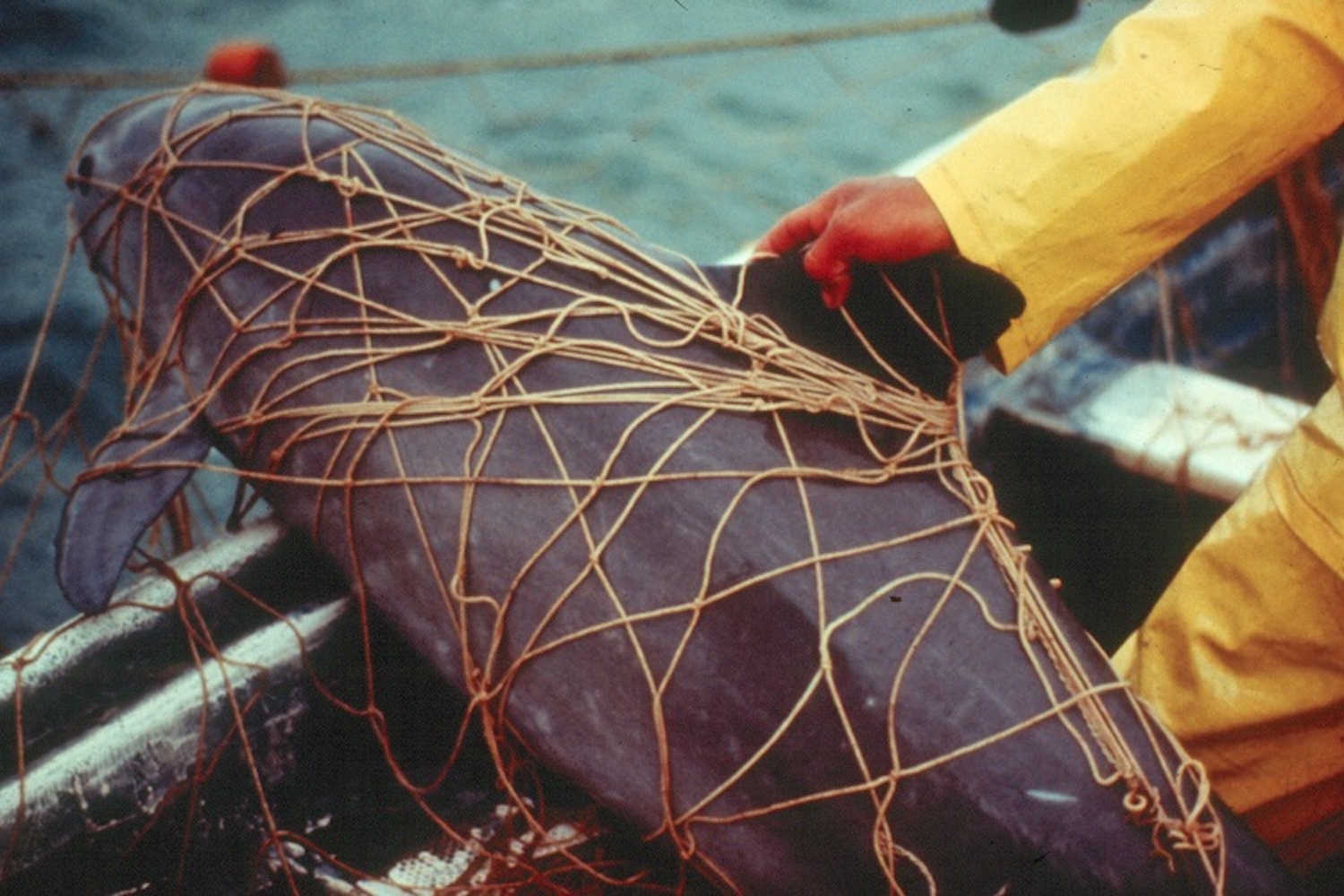We Have Just ‘Days’ to Save This Rare Endangered Porpoise From Extinction

Credit to Author: Madeleine Gregory| Date: Wed, 31 Jul 2019 16:23:32 +0000
There are likely fewer than 10 vaquita porpoises left in the world, scientists say, and the endangered marine creatures could face extinction within a year.
The vaquita porpoise has been critically endangered since the 90s, and there’s only one place in the world where you’ll find them: the Gulf of California in Mexico. Without more effective action, they may disappear from there, too, primarily due to the use of illegal fishing nets.
Scientists have been recording acoustic activity in the Gulf of California since 2011, tracking the echolocation “clicks” of the vaquitas as a way to measure population size. In a paper published on Wednesday in the Royal Society Open Science by researchers from St. Andrews in Scotland, the US National Oceanic and Atmospheric Administration, and the Mexican government, the authors describe a 99 percent population decline since 2011.
The researchers now estimate that there are likely only 9, and at most 19, vaquitas left alive.
The main cause of the vaquitas’ decline is illegal fishing, researchers say. Vaquitas inadvertently get caught in large nets—called gillnets—that fishermen leave in the ocean to pick up later. In 2015, the Mexican government banned gillnet fishing in the Gulf of California, but the Mexican Navy and conservation organizations are still pulling up these illegal nets, which according to the researchers are still ensnaring vaquitas.
“The key thing is that we need action now. There are only days to do this”
Researchers continue to monitor the vaquitas, but the numbers reported in the latest study are already a year old. The area where the vaquitas live is small enough that it could be effectively patrolled, study co-author Len Thomas said, as long as there is sufficient political will. However, with so few vaquitas left, the clock is ticking on taking effective enforcement action.
“Every day wasted is making a difference. The key thing is that we need action now,” Thomas said. “There are only days to do this.”
Besides the Mexican Navy, Sea Shepherd—a marine conservation nonprofit notorious for its direct action—is helping in the fight by dredging up gillnets left in the ocean, Thomas said. With the species still rapidly declining, Thomas called this kind of immediate and aggressive enforcement “an enormous benefit.”
Having only a handful of individuals left in the world may seem like a death sentence for a species, but Thomas said that he retains hope.
Since 2016, researchers have analyzed the vaquitas killed as bycatch and determined that the were otherwise completely healthy. Though these vaquitas are on the brink of extinction, there doesn’t appear to be any barriers to survival or reproduction, other than fishing.
“There are many instances of other species that recover from low population numbers,” Thomas said. “If we stopped illegal fishing, they could bounce back. It’s not a reason at the moment to give up.”
The fight to ban gillnets and save the vaquitas is a source of tension between the conservationists and local fishers themselves. In January, local fishermen lobbed lead weights, dead fish, and Tabasco sauce at a Sea Shepherd vessel. However, Thomas said he believes everyone wants to see the vaquitas survive, and that a part of the long-term conservation plan must include helping fishers find work that doesn’t involve using gillnets.
This article originally appeared on VICE US.